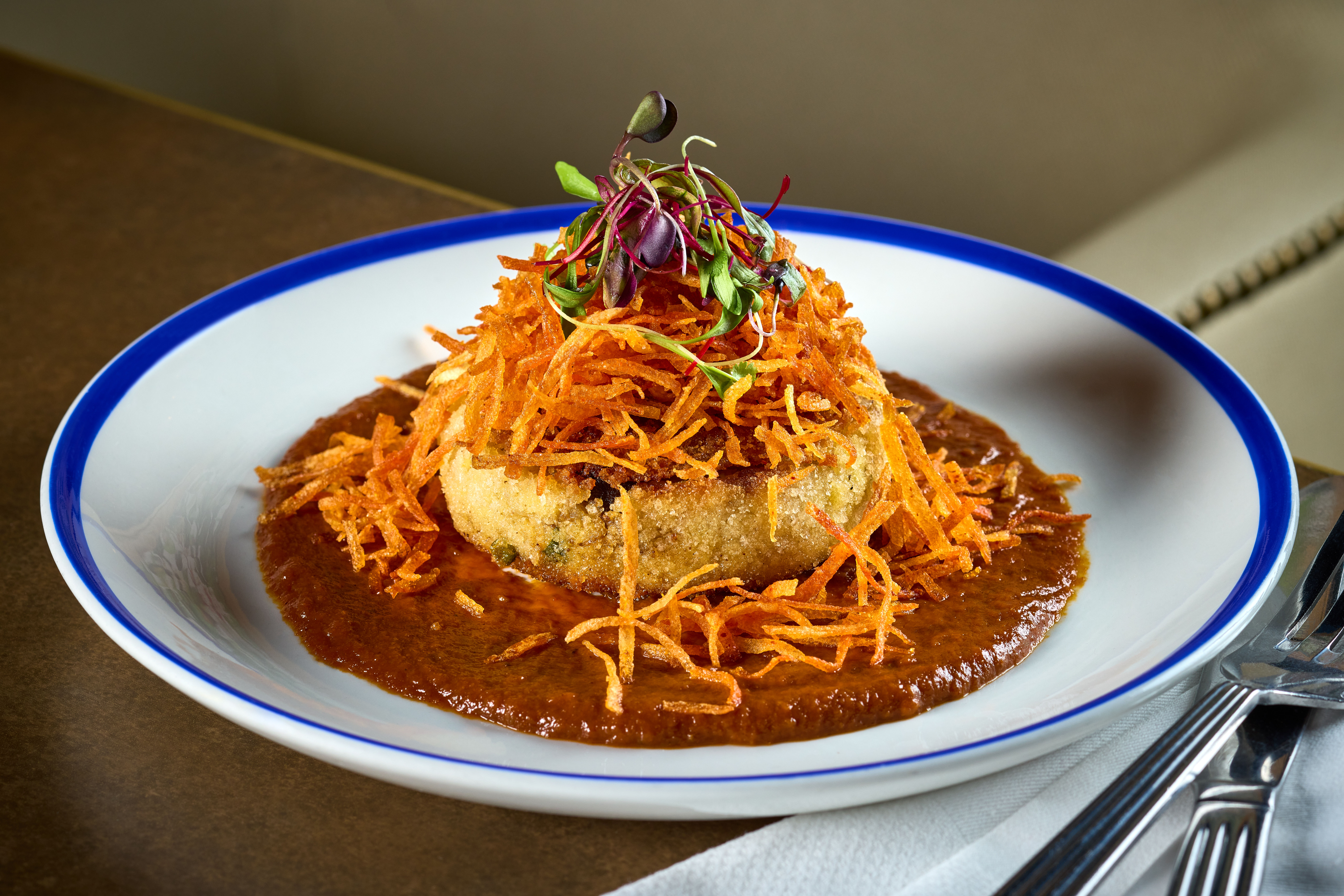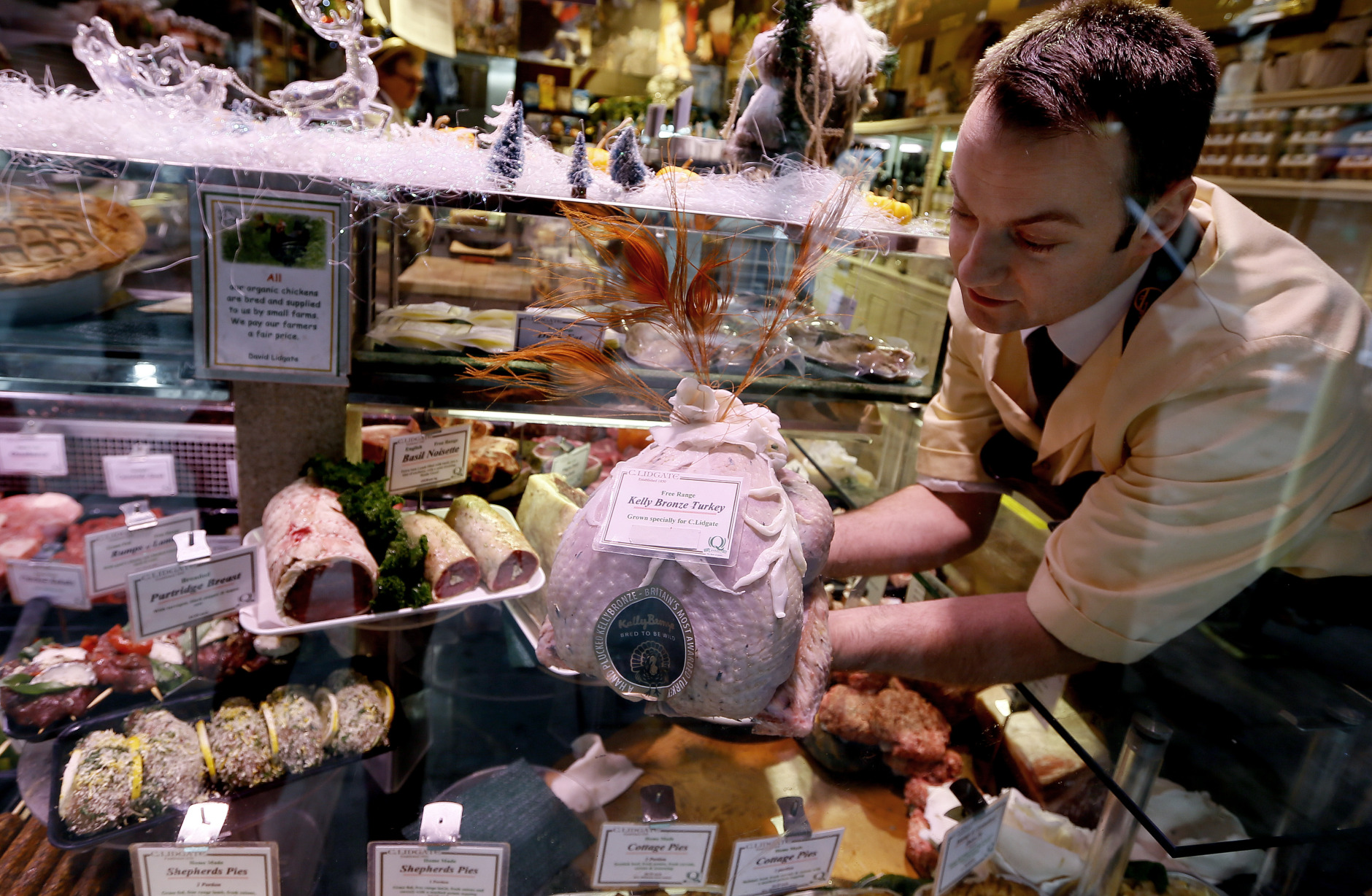

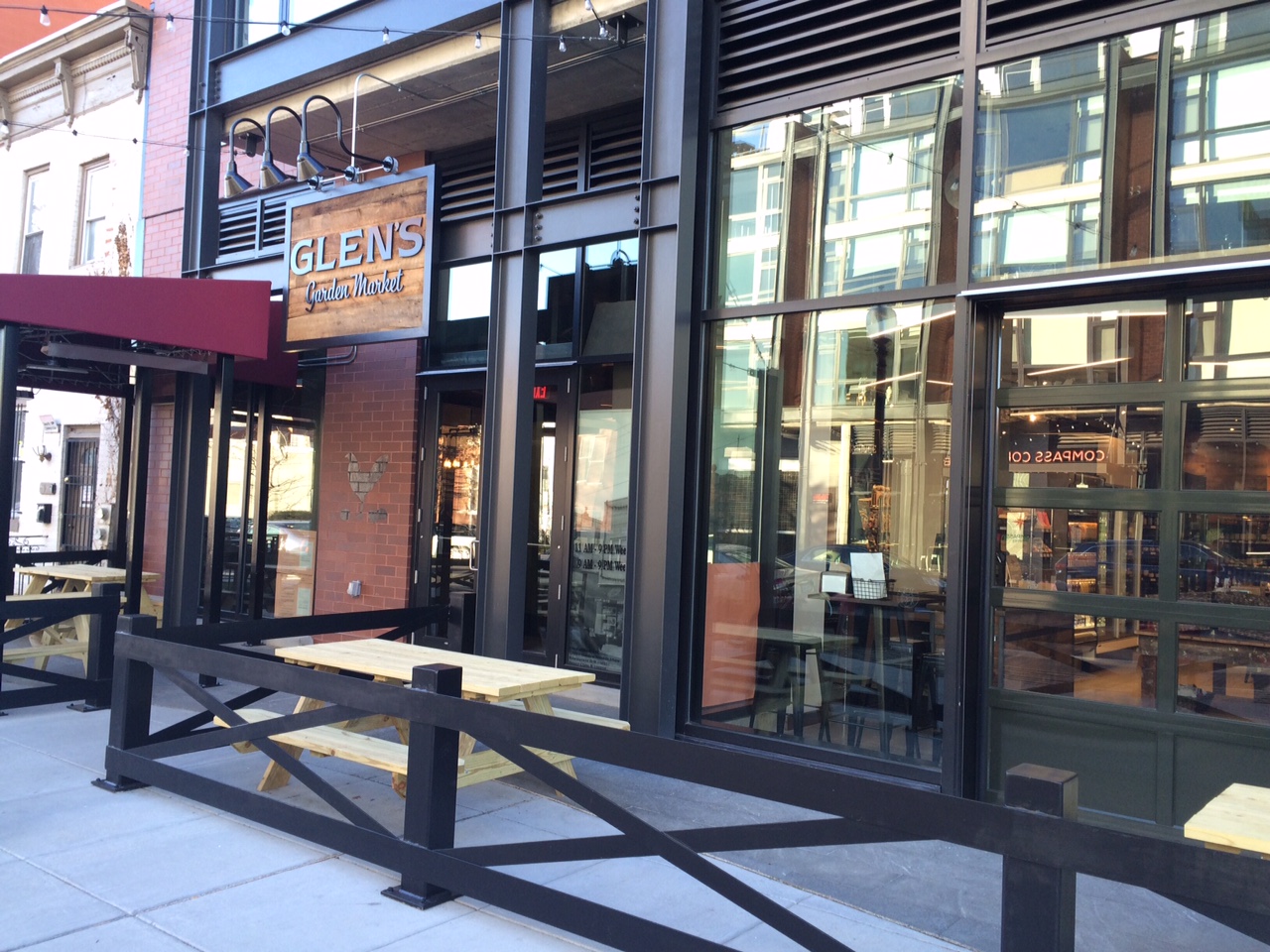
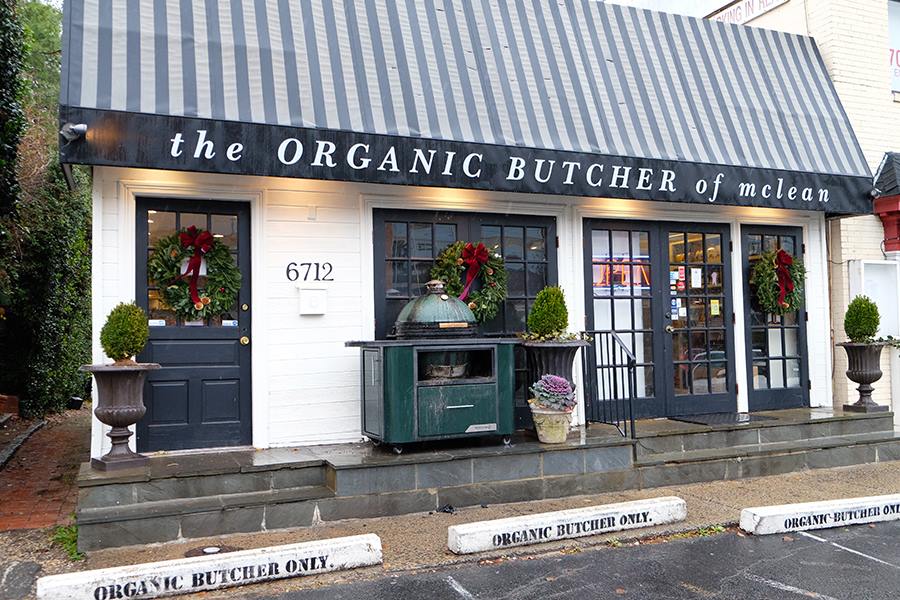
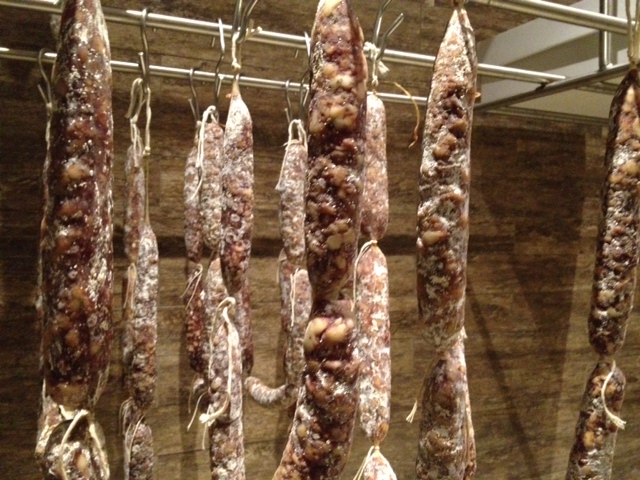
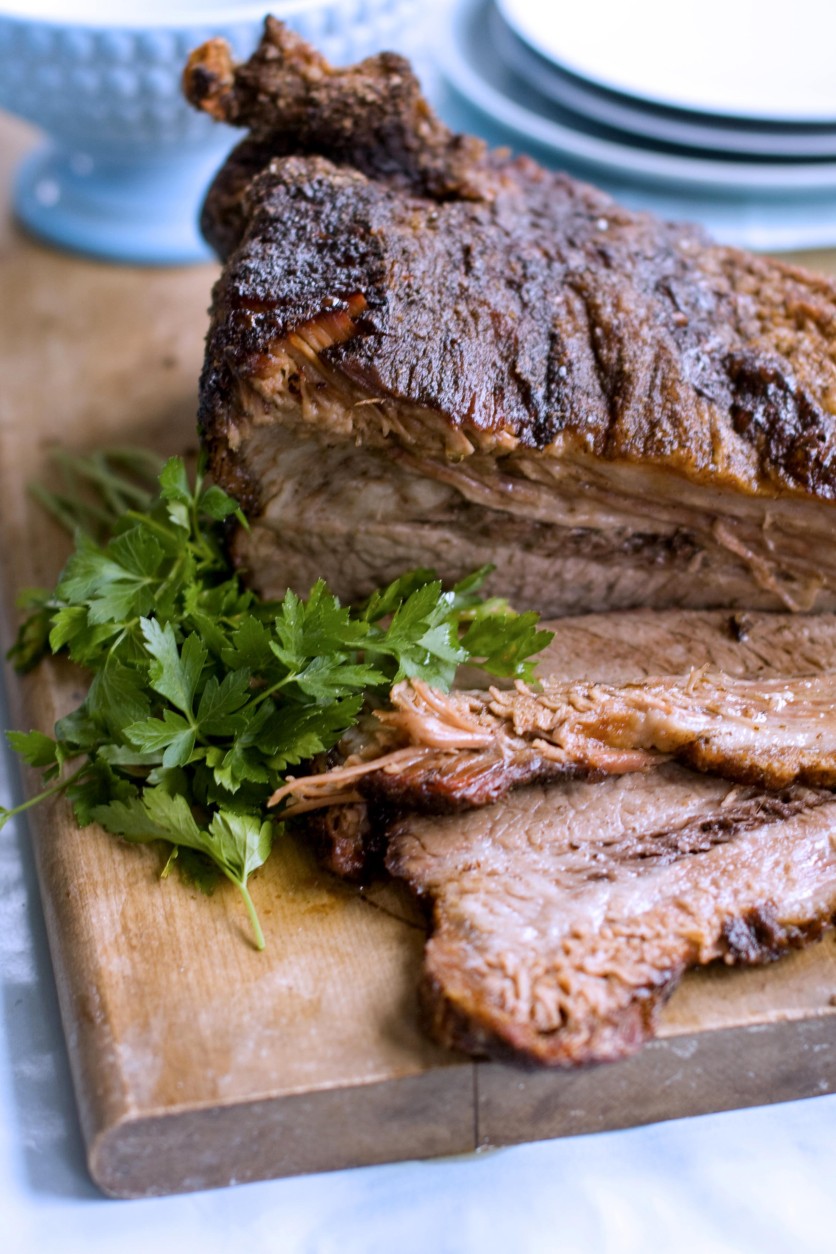
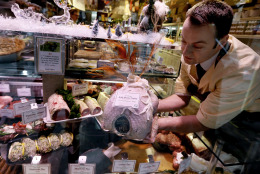


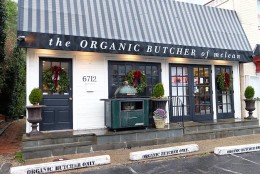


WASHINGTON — For the past seven years, Congress has required a label on all beef and pork sold in the U.S. to let consumers know where the animal was born, raised and processed.
Last week, that law was taken to slaughter.
After pressure from the World Trade Organization and threats of retaliation from Mexico and Canada, Congress repealed the labeling law, which many argue leaves consumers in the dark when it comes to knowing the source of their food.
“At this point, we’ve just taken the ability for a consumer to be able to make a choice for them and their family,” says Mary Carter, managing partner at D.C.’s Founding Farmers, a restaurant that espoused farm-to-table, long before it was a buzzword.
“We’ve basically taken education away from people who want it. So now, consumers have no chance to make a choice, unless they absolutely have a relationship like we do with our vendors.”
Congress originally passed the law in 2002 amid fears of mad cow disease from imported cattle. However, most labels didn’t make it on meat packages until 2009 due to delays from the meat industry, The Associated Press reports.
The repeal comes at a time of heightened consumer interest in food transparency. The number of farmers markets have more than doubled in the past 10 years, sales of organic food topped $39.1 billion in 2014 and Vermont is pushing to require labeling of all genetically modified food.
Danielle Vogel, owner of Glen’s Garden Market, says she’s witnessed this interest, firsthand.
“People care what they’re putting in their bodies increasingly, which includes not only wanting to know where their food comes from, but also wanting to know what’s in it, wanting to be able to pronounce the ingredients on the label — or, even better, wanting to have foods that are only a couple of ingredients,” says Vogel, who sells food grown or created within the states of the Chesapeake Bay watershed.
Nathan Anda, of Red Apron Butcher, echoes Vogel’s observations. When he first opened Red Apron in 2013, he received some initial pushback from customers on pricing. But that quickly changed when he explained his approach to sourcing.
“We could easily work with vendors that could get us better-priced beef and sell it and not be able to answer all the questions that people ask,” Anda says.
But he doesn’t. Anda works closely with a growing co-op, comprised of eight to 10 farmers, who raise his pigs, as well as a hog farmer in Roanoke who raises heritage hogs.
Founding Farmers’ Carter says the repeal will hurt these small farmers and providers the most.
“It hurts the United States farmers, because if you can buy less expensive cattle from Mexico or Argentina or China, that’s going to drive down the price for the cattle that’s here,” she says.
“Being a cattle farmer or any farmer is hard work, and we just keep taking those jobs away and hurting our country when we do things like that.”
Carter predicts Congress’ repeal will likely drive more business to grocery stores and markets that commit to uphold labeling, even in the absence of a law.
“They’re going to be more in demand because people are going to say, ‘Hey, I have to buy from somebody that I trust and that does label their food and that I know has this relationship with the farmers,’” Carter says.
At the same time, she says it creates a disparity for those who may not have access to specialty vendors.
“A lot of people don’t have the means to be able to go above and beyond to make better choices for themselves. They’re stuck at times with the few limited choices that they have in front of them, so to take the education piece away from them, I just think is negligent,” Carter says.
The repeal of the labels no doubt impacts everyday consumers, but it also affects the restaurant industry — especially those who are transparent about the ingredients they source.
Carter says few things will change for Founding Farmers and its sister restaurant Farmers Fishers Bakers, since the core of their mission is to source their meat from trusted farmers, with whom they have long-standing relationships.
However, that’s not to say other restaurant groups will be able to maintain the same amount of control with the meat they purchase and serve. Carter explains that it takes a lot of money for slaughterhouses to set up facilities that can guarantee traceability of an animal.
Why does knowing the source of the meat matter? Vogel says that depends on your personal concerns.
“If it’s animal welfare, it’s important to know who’s raising your meat,” Vogel says. “If it’s environmental degradation, you don’t want to be buying from one of these huge meat lots; they’re terrible for land, air and water quality, and they’re not likely to be fantastic for the animals growing up there either.”
Vogel has some tips for the next time you are standing in front of the meat refrigerators at your grocery store or market and are struggling with the selection. First of all, she says don’t fall victim to jargon. For example, if country of origin is your priority, organic, grass-fed and free-range aren’t necessarily going to get you what you want.
“What I would recommend is looking up the farms where the meat is coming from, and beyond that, looking for stories debunking their own claims about themselves,” Vogel says. “This law will encourage people to be more mindful of where they’re buying meat.”
Anda recommends taking a trip to your farmers market and speaking directly with the person raising the meat.
“The way the farmers markets have grown, and the amount of proteins that are sold at farmers markets — they’re not just for fresh vegetables anymore. People want to go and get a farm-raised animal,” he says.
Carter says asking your store’s butcher is another way to get more information on the products being sold.
“We have great beef in America, and I just wish the American consumers could know,” she says. “It’s always just such a sad day when we take education away from our people.”
Interested in buying local meat? Click through the gallery above to find some of the area’s best butchers and markets.

